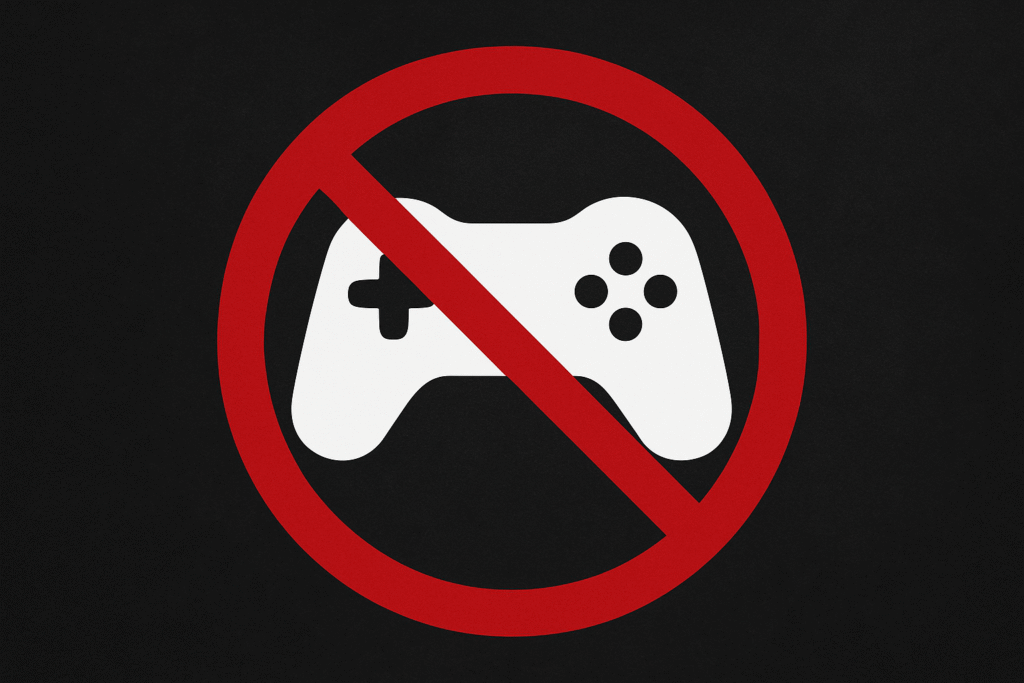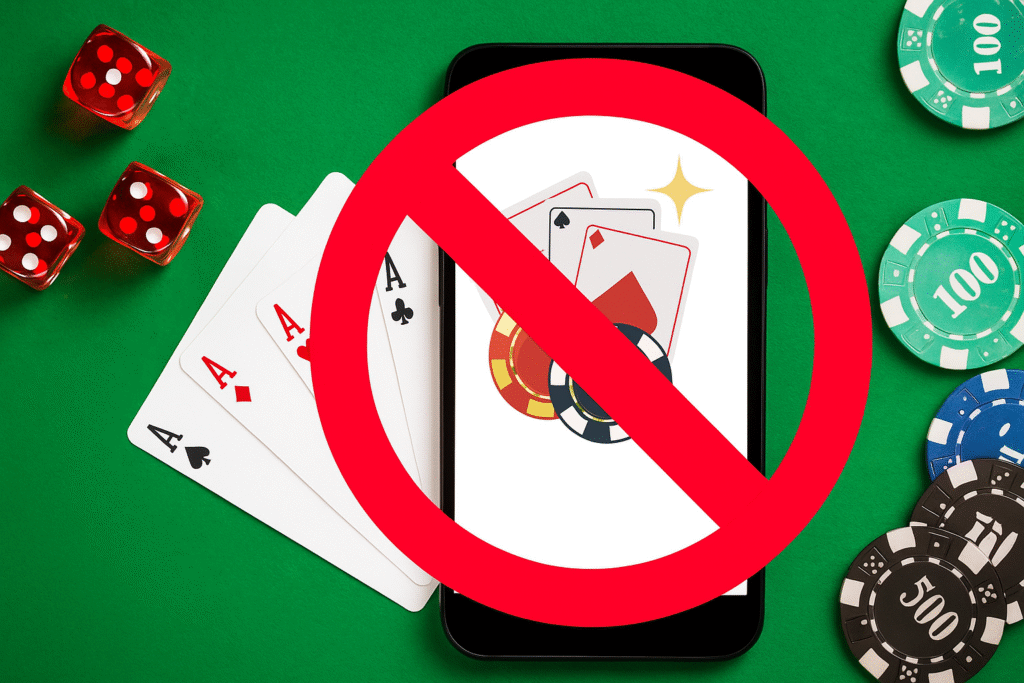The Big News: Why Online Betting Just Got Banned
Earlier this week, India passed a historic law—the Promotion and Regulation of Online Gaming Act, 2025—which effectively bans all real-money online gaming, including betting and fantasy contests. This sweeping change is set to reshape the gaming ecosystem in the country.
The Lok Sabha and Rajya Sabha approved the bill by both houses, and it now awaits the President’s approval, which is expected to be swift. From that point on, operators of these platforms will face strict penalties under the new law.
Table of Contents
What’s Allowed—and What’s Not
Let’s break down what this means:
- Banned: All games involving real-money stakes, including betting and paid fantasy games.
- Allowed: Skill-based gaming (such as esports, puzzles, or training simulations) remains legal—if licensed by the proposed National Online Gaming Commission.
The law aims to stop the flow of money-based gambling while still promoting innovative and safe gaming formats.

What Happens to Popular Apps like Dream11 & MPL?
This ban puts major fantasy sports platforms like Dream11, Mobile Premier League (MPL), and similar apps under heavy threat. These services rely on real-money stakes and are now potentially illegal unless they switch to free-to-play models.
Fantasy gaming had already attracted massive investment and engagement. Now, with this law in place, many of these platforms will need to rethink their business models entirely.
Why Was This Law Needed?
Lawmakers highlighted three key concerns:
- Financial Risk and Addiction: Real-money gaming can lead to addiction and heavy financial losses.
- Protecting Public Welfare: Many families—especially from lower-income groups—suffered due to unchecked gaming access.
- Lack of Regulation: With limited rules in place, the government felt compelled to act swiftly and decisively.
In Parliament, a majority backed the law, viewing it as a protective measure for public interest.
Massive Repercussions in the Market
The backlash was immediate. Nazara Technologies—whose value depends significantly on fantasy sports—crashed nearly 23% in just two days post-announcement. This reflects the market’s deep concern over the fate of its core revenue streams.
Investor sentiment indicates the law could negatively impact digital entertainment and ad-driven business models tied to fantasy gaming.
What’s Behind the Permit to Play Skill-Based Games?
The new law will allow licensed, skill-based games but under strict regulations:
- Only authorized platforms will operate.
- Licensing will likely involve adherence to fair play guidelines, age restrictions, and responsible gaming protocols.
- Games that test strategy, memory, or mental skill, without depending on chance, will stay legal.
This opens the door for platforms that offer legitimate skill-based entertainment—without gambling elements—to grow.
Reactions from the Industry and Public
- IT Minister Priyank Kharge of Karnataka called the law a “rushed policy move,” expressing concern about its blanket nature.
- Industry experts and gamers argue that not all gaming is about betting—many are skillful, strategic, and educational by nature.
- Mental health and consumer advocates praised the bill for its concern toward welfare and addiction prevention.
Overall, the law creates a divide: some see it as necessary protection; others call it an overreach that may stifle innovation.
What’s Next for the Gaming Industry?
- Fantasy Apps Must Pivot: Platforms need to quickly shift to free-to-play or skill-only models.
- Government Will Frame the Rules: A commission to license and regulate gaming platforms is expected, to be formalized soon.
- Congressional Oversight: The gaming industry will likely have a seat at the table to shape future regulation.
ALSO READ : Bike Taxis Back in Bengaluru: What the Karnataka High Court Said and What It Means

Table: Before vs. After the Law
| Feature | Before (Pre-2025) | After (Post-2025) |
|---|---|---|
| Game Types | Betting, Paid Fantasy | Skill-only, licensed formats |
| Platform Status | Free to operate (with ads) | Must be licensed to operate legally |
| Revenue Model | Real money stakes | Subscription / in-game perks only |
| Legal Penalties | Limited | Heavy fines & imprisonment |
| Consumer Impact | High risk of addiction | Safer, regulated gaming |
Is all online gaming banned in India?
No. Only games involving real-money stakes are banned. Skill-based games remain legal if licensed.
When does the ban start?
It takes effect once the President signs the bill—most likely in the coming weeks.
Will fantasy sports apps shut down?
Unless they switch to non-monetary models, their future looks uncertain.
Wrapping Up
India’s new law banning real-money online gaming is a turning point. While it aims to protect consumers and curb addiction, it also disrupts a booming industry overnight. The focus now is on how fantasy platforms will adapt and whether the government regulation will balance safety with innovation.
Let me know if you’d like a short social media snippet or a visual header to go with this article!










